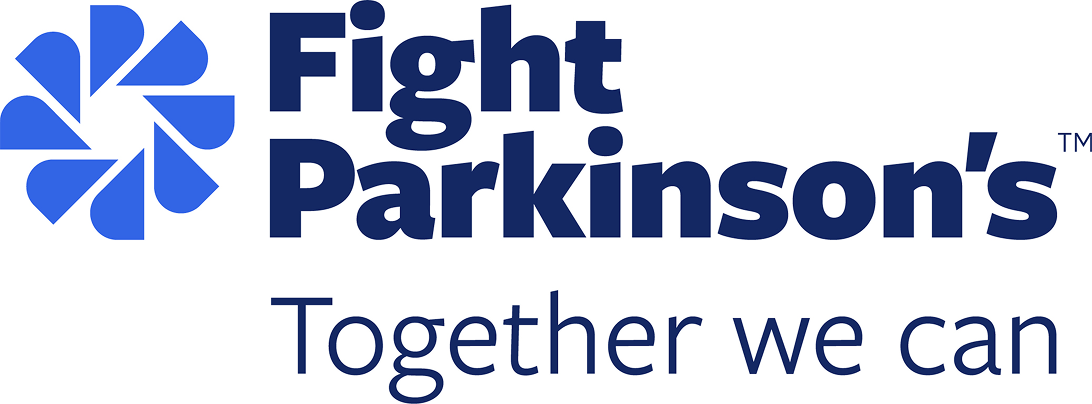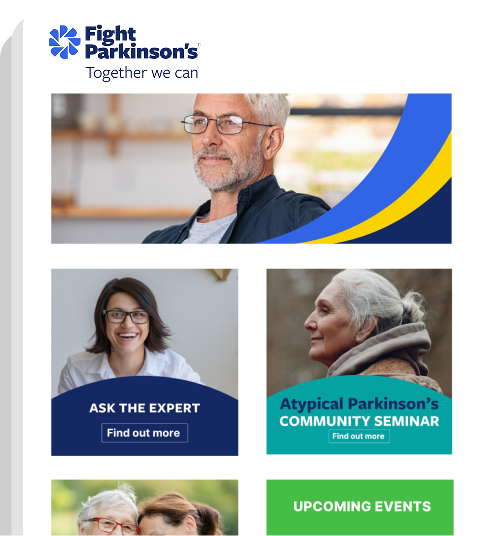While there is currently not a cure for Parkinson’s, there are a range of treatments that can help to manage the day-to-day symptoms.
The most common treatment for Parkinson’s is medication. Parkinson’s medication primarily works by increasing the levels of dopamine in the brain and optimising the brain’s use of dopamine.
Every person with Parkinson’s has a different experience of the condition. Your GP or specialist will aim to find the treatment that is best for you.
Surgical options are available for some people with Parkinson’s, depending on their symptoms. Many people with Parkinson’s find complementary therapies beneficial too.
Parkinson’s medication
Medication is the primary treatment for Parkinson’s. The medications used to treat Parkinson’s work to restore dopamine in the brain to a more normal level, in order to address motor symptoms. It’s important to take prescribed Parkinson’s medications on time, every time. There are many different medications prescribed for Parkinson’s. None are perfect, however research into treatments is improving all the time.
Complementary therapies
Medical treatments for Parkinson’s are improving all the time. Many people also want to consider complementary therapy to help support the management of Parkinson’s.
Although no complementary therapies have been scientifically proven to reverse, slow, or stop the development of Parkinson’s, many people with Parkinson’s are interested in using them alongside their Parkinson’s treatment.
Surgery
Although the main treatment for Parkinson’s is medication, there are some types of surgery available to treat the symptoms of the condition.
The main types of surgery available for the treatment of Parkinson’s are:
- Deep Brain Stimulation
- Lesioning techniques.
Telehealth
Telehealth refers to the use of telecommunications technologies (phone, computer, tablet, or laptop) to deliver health services and share important information remotely (from a distance).
This technology may be used for live, interactive video consultations with the healthcare provider or to facilitate sharing photos, videos, and other related health information.
It can be an effective forum to care for clients with Parkinson’s and the majority of commonly performed Parkinson’s-related assessments can be conducted using this method.


